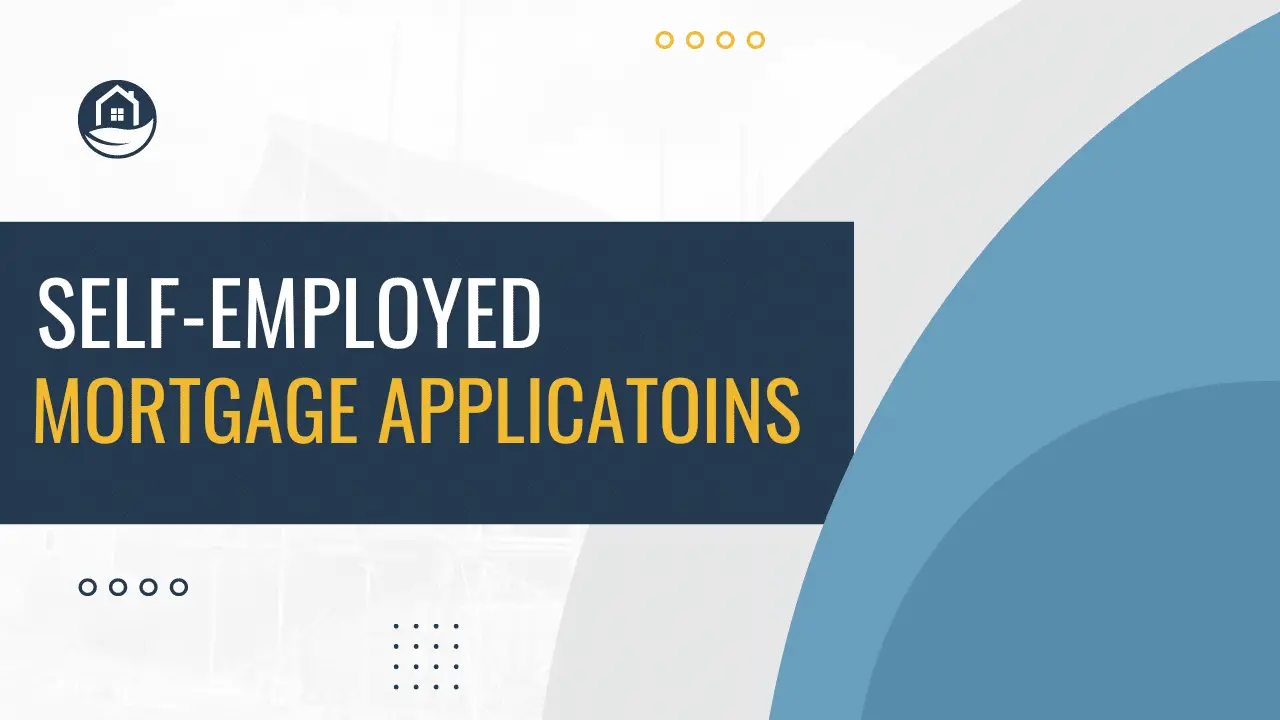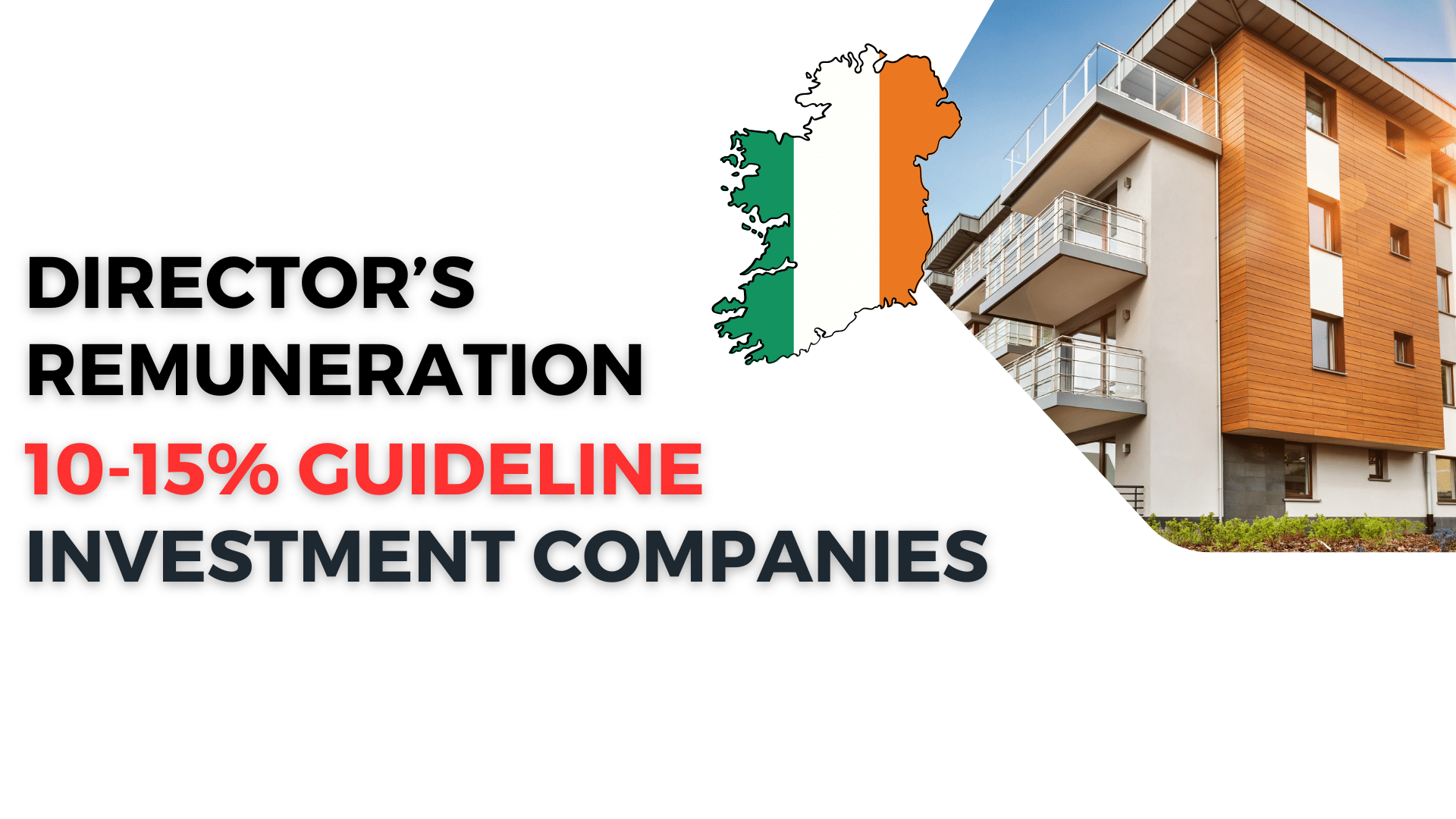There has been an increase in buyers turning to the bank of Mammy & Daddy to help them secure their dream home. In this blog post we will take you through everything you need to be aware of from a tax perspective when receiving a loan from a parent/grandparent.
Revenue Treatment of Interest-Free Loans From Parents
The usual arrangement between parent and child is to lend a sum of money with a zero interest rate attached and no specified term of repayment. The parent is legally entitled to charge zero interest on any loan made to children.
From a tax perspective, this notional interest that you did not have to pay on the loan from your parents is viewed as a gift.
If you receive a gift in Ireland above your tax-free thresholds you will pay 33% Capital Acquisitions Tax on the balance. Luckily there are generous tax-free thresholds to help minimise any tax due.
But what interest rate should be used to calculate how much of a gift the child is receiving?
How to calculate the notional interest on a loan from your parents – for tax purposes
Well, the interest rate that is commonly used to calculate this amount would be the interest that the parent has foregone by not leaving this money in their own deposit account.
Deposit rates for banks such as Allied Irish Bank, Permanent TSB, and Bank of Ireland are currently at record lows of between Example 0.1%-0.4%. The ECB has been increasing the base rate in late 2022, but these rate increases have yet to be fully passed on to customers.
Let’s now take a look at an example:
A parent lends €100,000 to their child to help them purchase a property. The child repays this loan 10 years later. Now let’s calculate how much Interest the parent has foregone annually:
The annual interest rate used for the notional interest foregone was 0.4%, this is a rate the parents could have earned by putting their money on deposit in their Permanent TSB account.
At this rate, the annual deposit interest foregone by the parents is €400.
Using your Capital Acquisition Tax-Free Exemptions
A child is entitled to a lifetime tax-free threshold of €335,000 (Category A) in respect of gifts and inheritances taken from his or her parents. You also are entitled to a lifetime tax-free threshold of €32,500 (Category B) for gifts from Grandparents, Uncle/Aunt & Brothers/Sisters.

Separately, you may receive a gift up to the value of €3,000 (Small Gift Exemption) from any person in any calendar year completely tax-free. Theoretically, 2 parents could gift €12,000 per year tax-free to a child and their partner.
If we continue on from our earlier example where the child has received money from the bank of mam and dad and not had to pay any interest on the loan.
As this annual interest (€400) is well below the small gift threshold of €3,000, therefore the child accrues no tax liability. And their lifetime gift threshold remains intact at €335,000.
From the perspective of the parent, however, they will need to include this €400 interest as a taxable benefit in their annual tax returns.
Rising interest rates
Historically rates would have been as high as 4% which would have resulted in the loan accruing €4,000 in interest annually from the perspective of the value of the gift from a parent to child.
Central Banks have increased rates at a fast rate in the second half of 2022 are looking to continue to do this well into 2023 to bring down inflation rates across the Eurozon.
The effect of this over the next few years will ss that the notional interest amounts on loans from the bank of mum and dad will also increase.
No changes to the laws for now
In recent times, the government has reviewed and also faced pressure to change some of the capital acquisition tax rules that would have an impact on the bank of mam and dad.
The first proposal being looked at by the government was changing the way the notional interest rate was to be calculated to use the mortgage lending rates, which are at far higher rates than what you can get on a deposit account.
Secondly, in some quarters it was felt that the tax-free limits on Capital Acquisitions Tax for children were too generous and contributed to the housing crisis in Ireland.
Changes at this current time would be deeply unpopular politically. We are still potentially over 2 years away from another general election, and it would be hard to see any major changes being brought through while the current government remains in place.
Why First Time Buyers are Turning to Their Parents for Help
The housing crisis in Ireland is making it difficult for many first time buyers to get on the property ladder. There is a huge shortage of supply as the country still feels the lasting effects of the 2008 financial crash. The cost of newbuilds have also skyrocketed inflation crisis, and now mortgage interest rates are also rising at a very fast pace.
According to the Central Statistics Office the percentage change in the Residential Property Price Index for the 12 months to October 2022 was 9.8%.

First-time buyers are not only being squeezed out by inflation, but also by strict Loan-to-Income lending rules. The LTI limit restricts the amount of money you can borrow to a maximum of 4 times your gross income. So for example, a couple with a combined income of €80,000 can borrow up to a maximum of €320,000.
The deposit requirements can differ depending on whether you are buying your first home, owned a property before or if you are buying a property that you intend to lend out
- First-time buyer – 10%
- Owned a property before – 10%
- Rental property – 30%
Government initiatives are in the pipeline to ease the pressure on the housing market such as the shared equity scheme (https://www.firsthomescheme.ie/) which involves the State paying for up to 30 per cent of the cost of new homes in return for a stake in the property.
These initiatives may be too little too late for many that are currently in the process of entering the housing market. And many have turned to their families for loans to help them stump up the deposits and meet the cost of the house.
Summary
In summary, even though you may not pay interest on a loan from a parent you must still work out the value of this interest foregone by your parents and then treat this as you received a gift.
As interest rates are low at the moment, it should therefore mean you are unlikely to have to pay tax on this gift, as the small gift exemption should be plenty to cover it.
This post is for informational and educational purposes only and should not be construed as financial advice.






